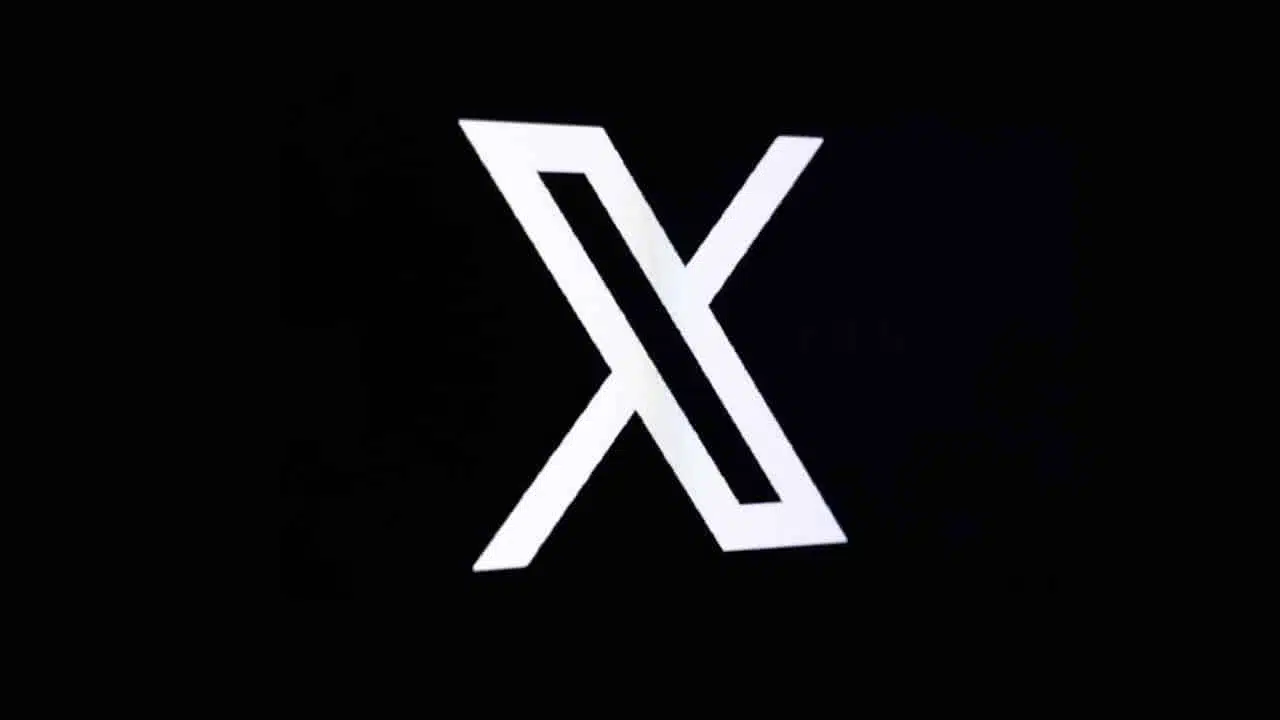Tech billionaire Elon Musk’s social media platform, X (formerly known as Twitter), has avoided being classified as a “gatekeeper” under the European Union’s stringent competition regulations aimed at ensuring open digital markets. The European Commission made this announcement on Wednesday after conducting an extensive investigation into whether the platform met the requirements for this designation under the Digital Markets Act (DMA).
This decision comes as a relief to Musk, whose platform has already been facing heightened scrutiny and regulatory challenges. However, while X has escaped the tight grip of the DMA, it is still under investigation for possible violations of the EU’s content moderation laws, leaving the platform in a precarious position as it navigates the digital regulatory landscape.
The Digital Markets Act (DMA): A Landmark Law for Digital Fairness
The Digital Markets Act is a groundbreaking law passed by the European Union to regulate the operations of the world’s largest tech companies, referred to as “gatekeepers.” These gatekeepers are platforms that wield immense power in the digital economy, acting as crucial intermediaries between businesses and consumers. The goal of the DMA is to create a more competitive and open digital marketplace by curbing the monopolistic practices of these tech giants.
Under the DMA, companies designated as gatekeepers are required to comply with a set of rules aimed at fostering competition and giving users more choices. Some of the core regulations include:
- Providing alternative options: Gatekeepers must offer consumers multiple options for services like web browsers and search engines, rather than pushing their own products by default.
- Pre-approval of acquisitions: These companies must notify the EU of any planned acquisitions, allowing regulators to assess whether the move would stifle competition. This provision was introduced to prevent the common practice of larger firms acquiring smaller rivals before they grow into real competition.
- Data transparency: The gatekeepers must ensure that business users have access to data generated from their interactions on the platforms, which has historically been a major point of contention between small businesses and big tech firms.
The DMA’s primary aim is to prevent the dominance of major players in the digital market and allow smaller companies to compete on a level playing field. It marks one of the most significant efforts by regulators worldwide to rein in the influence of big tech and ensure that consumers benefit from greater choice and fairness in the digital economy.
Big Tech Firms Targeted by the DMA
The DMA is directly aimed at the largest and most influential digital platforms in the world. Companies that have already been designated as gatekeepers include tech giants such as:
- Google (parent company: Alphabet)
- Amazon
- Apple
- Meta (Facebook’s parent company)
- ByteDance (owner of TikTok)
- Microsoft
In May 2024, the EU added Booking.com, the popular online travel booking platform, to the list of gatekeepers, signaling that it is not only traditional tech companies but also digital services with significant market control that are under scrutiny. This classification means these companies are required to comply with the rules of the DMA, opening them up to more regulatory oversight.
X’s Battle Against Being Classified as a Gatekeeper
Elon Musk’s X platform, formerly Twitter, was initially considered for inclusion in the gatekeeper list, but the company challenged this classification. X argued that it did not serve as an essential “gateway” for businesses to reach consumers, a key criterion for being labeled as a gatekeeper under the DMA. The platform maintained that its role in the digital ecosystem was not as dominant or indispensable as other tech giants like Facebook, Google, or Apple.
As a result of X’s rebuttal, the European Commission launched an investigation into the platform’s role in the market. This probe, initiated in May, aimed to determine whether businesses truly relied on X to connect with consumers or if it could be considered less central to the digital marketplace.
After months of analysis, the commission announced that X does not meet the criteria to be classified as a gatekeeper. According to the EU’s digital watchdog, “business users do not consider that they are dependent on X to reach consumers online.” This conclusion effectively exempts X from the strict regulations imposed by the DMA, allowing it to continue operating without the constraints faced by other tech giants like Google and Amazon.
What It Means for Musk and X
Avoiding the gatekeeper designation is a significant win for Elon Musk and X, as it spares the platform from having to comply with a host of restrictive measures aimed at curbing the dominance of tech giants. This also means that X will not be required to offer alternative choices for web browsers or search engines to its users, and it won’t have to inform the EU about its acquisition plans in the same way gatekeepers do.
For Musk, whose acquisition of Twitter and rebranding it as X was part of a larger vision to reshape the platform into a multi-functional “everything app,” this ruling provides more freedom to pursue his goals without the heavy hand of EU regulators. However, the decision does not mean that X is free from regulatory oversight entirely.
X Faces Intense Scrutiny Under the Digital Services Act (DSA)
Although X has escaped the regulatory burden of the DMA, it remains under the microscope for its content moderation policies and practices. The platform is currently being investigated by the EU for potential violations of the Digital Services Act (DSA), another significant piece of legislation that aims to ensure digital platforms manage illegal content, protect users from harm, and prevent the spread of misinformation.
In July 2024, the European Commission released a preliminary finding accusing X of violating the DSA by deceiving users through its blue checkmark system, which certifies accounts as “verified.” The investigation found that X was misleading its users about what the blue checkmarks signify, potentially violating transparency standards.
The DSA probe into X goes beyond the blue checkmark system. The EU is also examining how effectively X handles the spread of illegal content, such as hate speech, and how the platform manages information manipulation. This wide-ranging investigation could lead to significant consequences for the platform if it is found to be non-compliant with the DSA’s strict guidelines.
Potential Consequences: Fines and Further Restrictions
If X is found guilty of violating the DSA, the platform could face severe penalties. The European Commission has the authority to impose fines of up to six percent of the platform’s annual global revenue for each offense. Given X’s large user base and substantial revenue streams, such fines could be a considerable financial blow to the company.
Moreover, failing to comply with the DSA could lead to further regulatory restrictions, making it harder for X to operate freely in the European market. For Musk, who has faced numerous challenges and controversies since acquiring the platform, the EU’s ongoing scrutiny represents a significant hurdle in his efforts to transform X into a dominant player in the social media space.
The Future of X in the EU’s Regulatory Framework
While the recent decision by the EU’s competition regulators allows X to escape the stringent rules of the DMA, the platform’s future in Europe remains uncertain due to its ongoing battles under the DSA. As the EU continues to enhance its regulatory oversight of digital platforms, X’s ability to comply with content moderation standards will be crucial in determining its success in the region.
Musk’s ambitious plans for X, including the vision of creating a multi-purpose platform akin to China’s WeChat, will depend on how well the company adapts to the evolving regulatory environment. The EU’s digital laws, including both the DMA and DSA, are part of a broader global trend of increasing regulation for big tech, aimed at ensuring fair competition, protecting consumers, and maintaining transparency in the digital world.
In summary, while Elon Musk’s X platform has dodged the regulatory bullet of the DMA, it still faces significant challenges under the DSA, with the possibility of hefty fines and further scrutiny. As the EU strengthens its legal framework around digital markets, X’s journey through the regulatory landscape is far from over.






































